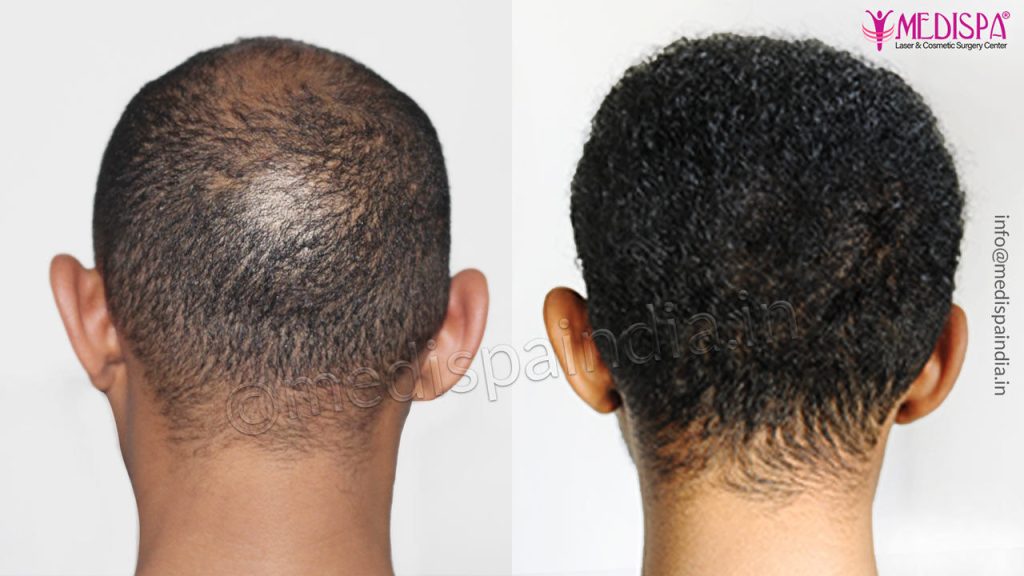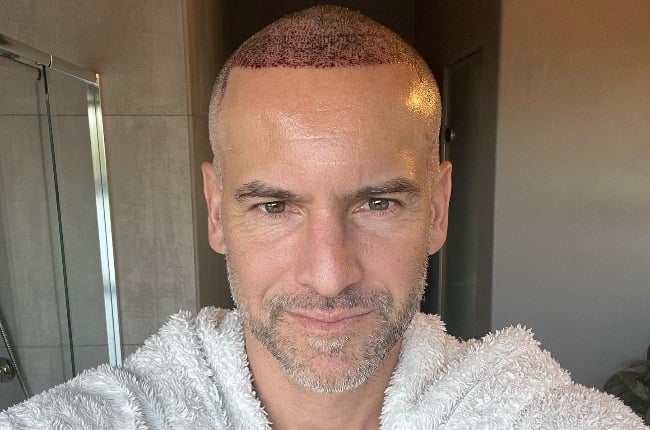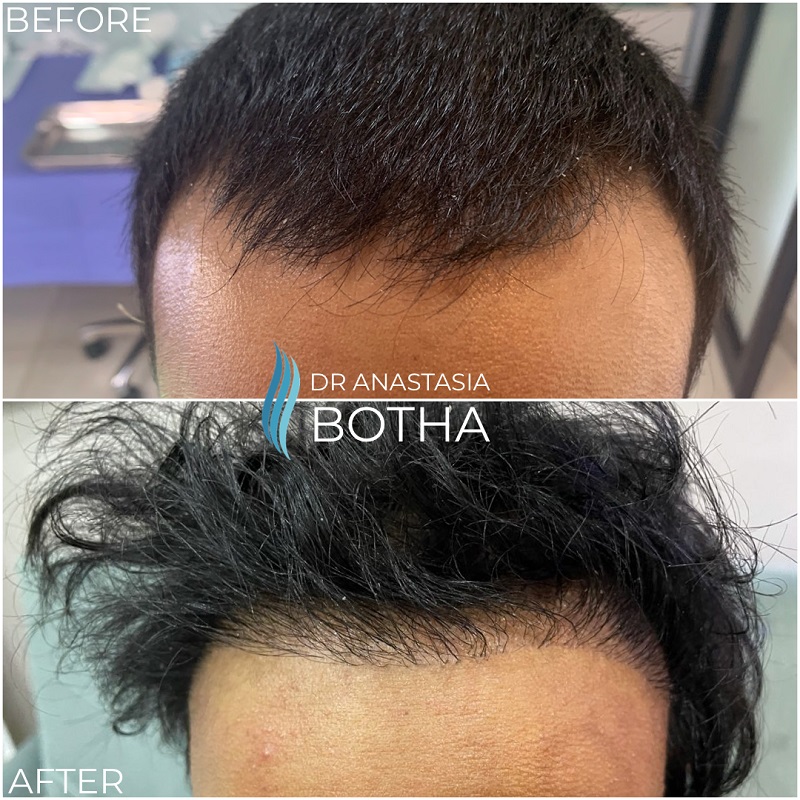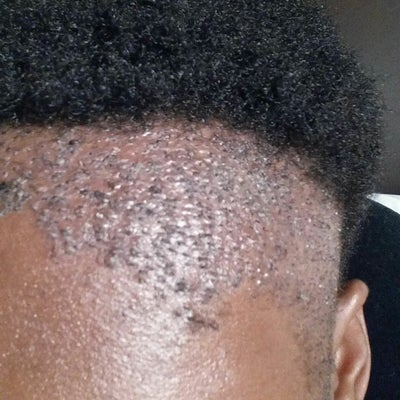In “Hair Transplant South Africa,” you’ll discover a comprehensive guide to restoring your hair and confidence through advanced procedures available within the country.
You might be feeling the weight of hair loss, but this article highlights promising solutions specifically tailored for you. From understanding the various techniques to choosing the right clinic, you’ll find all the essential information packed in one convenient place, making your hair restoration journey a whole lot easier.
Dive in and see how South Africa is becoming a sought-after destination for innovative hair transplant procedures.
Hair Transplants in South Africa

Hair Transplant locations in South Africa
Ever Thought About a Hair Transplant in South Africa?
So, you’re starting to notice that your hair isn’t quite what it used to be. Or maybe you’ve been dealing with hair loss for a while now and are exploring options to get that full head of hair back. Have you ever thought about getting a hair transplant? And not just anywhere, but in South Africa? Whether you’re looking for cutting-edge technology, experienced doctors, or more affordable options compared to Western countries, South Africa might just be the place for you.
What is a Hair Transplant?
Before diving into why South Africa is a great option, let’s break down what a hair transplant actually is. In simple terms, a hair transplant is a surgical procedure that involves moving hair follicles from one part of your body (usually the back or sides of your scalp) to the thinning or balding areas.
Types of Hair Transplant Procedures
There are primarily two types of hair transplant procedures:
- FUT (Follicular Unit Transplantation)
- FUE (Follicular Unit Extraction)
FUT involves removing a strip of skin from the donor area and then grafting the follicles into the balding area. On the other hand, FUE extracts individual hair follicles and transplants them.
Comparison of FUT and FUE
| Aspect | FUT | FUE |
|---|---|---|
| Technique | Strip of skin removed | Individual follicles extracted |
| Scarring | Linear scar in donor area | Tiny, dot-like scars spread across the donor area |
| Recovery Time | Longer, more discomfort | Shorter, less discomfort |
| Cost | Generally cheaper | Generally more expensive |
Why South Africa?
So, why should you consider South Africa for this life-changing procedure? Here are some compelling reasons:
Cost-Effectiveness
One of the biggest perks is the cost. Hair transplants in South Africa are significantly more affordable compared to countries like the USA, UK, or even some European nations. The quality, however, remains top-notch.
Highly Skilled Surgeons
Another strong reason is the expertise. South Africa boasts world-class medical professionals who specialize in hair restoration procedures. Many of these surgeons have received international training and are certified by global hair transplant organizations.
Advanced Technology
South African clinics often use cutting-edge technology and adhere to international standards. This includes the latest equipment and techniques, making your procedure not only effective but also safer and more comfortable.
Beautiful Recovery Destinations
Picture this: after your transplant, you could be recovering in the lap of nature with stunning views of mountains, beaches, or even savannah landscapes. South Africa offers some of the most beautiful recovery spots, making your post-op period a mini-vacation.
How to Choose the Right Clinic
Selecting the right clinic is a crucial step in your hair transplant journey. But how exactly do you go about it?
Check Credentials and Certifications
Make sure the clinic is accredited by reputable hair transplant organizations. Certifications can speak volumes about the quality and reliability of the clinic.
Look at Before and After Photos
This is a great way to gauge the effectiveness of the clinic’s procedures. Most reputable clinics will have a portfolio of ‘before and after’ photos.
Consult Reviews and Testimonials
Finally, look at reviews and testimonials from previous patients. Real-life experiences can provide invaluable insights into what you can expect.
Here’s a simple table to sum up these points:
| Criteria | What to Look For |
|---|---|
| Credentials and Certifications | Accreditation by reputable organizations |
| Before and After Photos | Portfolio showcasing their work |
| Reviews and Testimonials | Real-life experiences from past patients |

What to Expect During Your Consultation
Once you’ve zeroed in on a few clinics, it’s time to set up consultations. This is a critical part of the process where you’ll get to meet with the surgeon and discuss your specific needs and expectations.
Initial Examination
During your first meeting, the surgeon will examine your scalp, discuss your medical history, and talk about your goals. This is also the time for you to ask questions and express any concerns.
Customized Treatment Plan
Based on the examination, the surgeon will outline a unique treatment plan tailored to your needs. This will include the type of procedure best suited to you, the number of grafts required, and the estimated cost.
Cost Estimation
You’ll also receive a detailed cost estimate, including any potential additional expenses. Make sure to ask if the estimate includes follow-up visits and medications.
Preparing for Your Hair Transplant
Preparation is key to ensuring the success of your hair transplant. Here’s what you need to do:
Pre-Operative Instructions
Your clinic will provide specific pre-operative instructions. Generally, you’ll need to avoid alcohol and certain medications that can increase bleeding.
Haircare Routine
You’ll likely be advised to wash your hair thoroughly the night before the procedure. Some may suggest using a special shampoo.
Mental Preparation
Being in the right state of mind is equally important. Understand that the procedure involves some degree of discomfort, but the outcome is generally worth it.

The Procedure Day
The big day has arrived! Knowing what to expect can help ease some of the nervousness.
Arrival and Prep
Once you arrive at the clinic, you’ll go through some preliminary steps like signing consent forms and changing into surgical attire.
The Transplant
The procedure itself can take several hours, depending on the complexity. You’ll be given a local anesthetic to numb the scalp, and then the surgeon will proceed with either FUT or FUE.
Post-Operative Care
After the procedure, you’ll receive guidelines for post-operative care. This will include how to care for the transplanted area and what activities to avoid.
Recovery and Aftercare
Recovery is a crucial phase that can significantly influence the outcome of your hair transplant. Here’s what you need to know:
Immediate Aftercare
Right after the procedure, you’ll need to take it easy. Avoid strenuous activities and follow the clinic’s guidelines for washing your hair.
Follow-Up Visits
Regular follow-up visits will be scheduled to monitor your progress. It’s essential to keep these appointments and address any concerns you might have.
Long-Term Care
Long-term care will involve maintaining a healthy lifestyle and using recommended hair care products to boost the transplanted hair’s health and growth.

Risks and Considerations
Like any surgical procedure, hair transplants come with their own set of risks and considerations.
Potential Risks
- Infection
- Scarring
- Uneven Growth
- Shock Loss
While these risks are generally low, it’s essential to discuss them with your surgeon.
Considerations
Also, consider the time commitment and financial investment. This isn’t a decision to take lightly, so make sure you’re fully prepared for the journey.
Success Stories
Hearing about others who have successfully undergone the procedure can be encouraging. South Africa has no shortage of success stories. From celebrities to common folk, many have chosen the country as their go-to destination for hair transplants.
Testimonials
Reading testimonials can give you a realistic perspective. Many patients report feeling more confident, looking younger, and experiencing a significant boost in their quality of life.
Case Studies
Some clinics also publish case studies showing the transformation journey of their patients. These can be particularly insightful.

FAQs About Hair Transplants in South Africa
Is It Safe?
Yes, hair transplants in South Africa are generally safe, especially when performed by certified and experienced surgeons.
How Much Does It Cost?
The cost can vary depending on the clinic, the surgeon’s expertise, and the complexity of the procedure. On average, you can expect to pay between $2,500 to $7,500.
How Long is the Recovery Period?
Initial recovery takes about 7 to 10 days, but it can take several months for the transplanted hair to grow fully.
Will There Be Scarring?
With FUT, you might have a linear scar, while FUE results in tiny, dot-like scars that are less noticeable.
How Long Do the Results Last?
Hair transplants can provide long-lasting results. However, ongoing hair care and potentially additional treatments might be needed to maintain optimal results.
Conclusion
So there you have it! A comprehensive guide to getting a hair transplant in South Africa. From the cost benefits to the expertise available, it’s clear why so many are choosing this beautiful country for their hair restoration needs. If you’re considering a hair transplant, why not explore what South Africa has to offer? You might find that it’s the perfect place to regain not just your hair, but also your confidence and zest for life.

